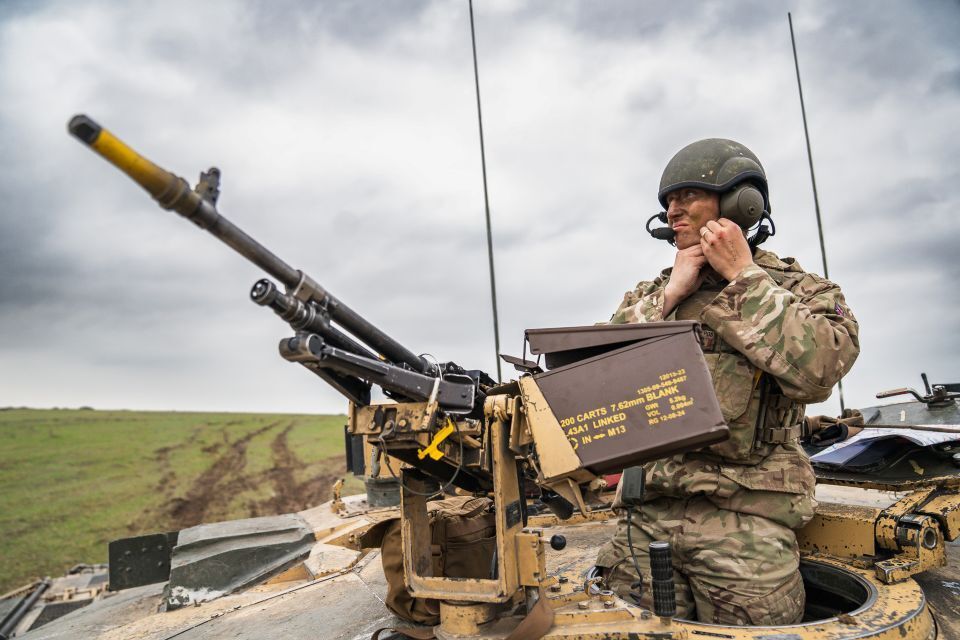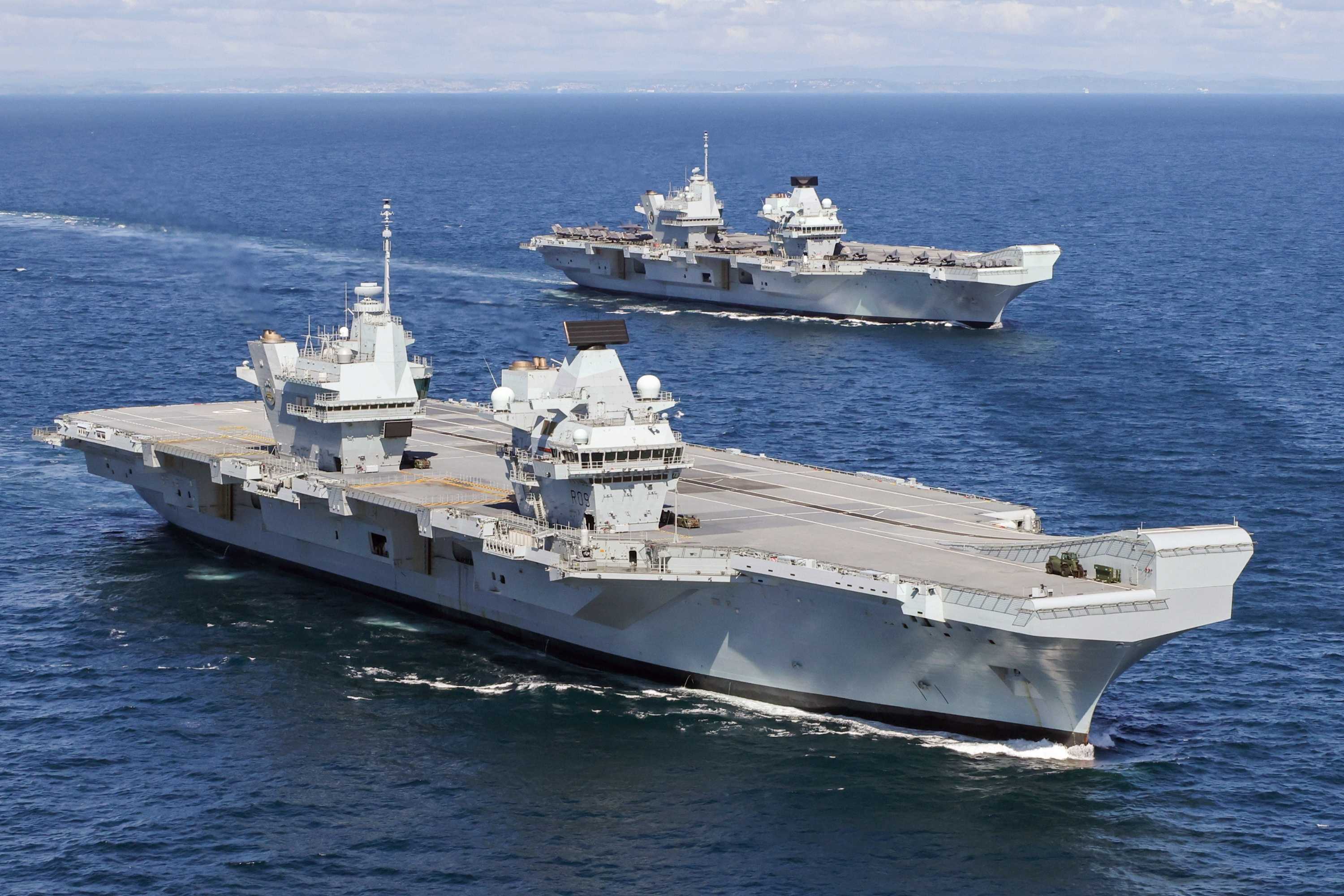SEA-KIT selects Cambridge Pixel to enhance USV ops

Above:
SEA-KIT X class 12-metre USV built in 2020 for Fugro.
Courtesy
SEA-KIT International
Engineers at SEA-KIT’s headquarters in Tollesbury, Essex, England, needed trusted and customisable digital technology to relay radar and situational awareness information from its remotely operated USVs to a Remote-Control Centre. To deliver a timely and detailed situational report back to the control centre, each piece of information collected from the multiple networked array of sensors and data gathering equipment onboard the USV needed to be sent back to the operator efficiently and promptly.
SEA-KIT selected Cambridge Pixel’s SPx Server technology due to its bandwidth management tools, data processing and filtering tools, and because the software could be easily integrated with SEA-KIT’s GSAVI package and situational awareness software. Cambridge Pixel’s software components allow the vessels that SEA-KIT designs and builds to operate effectively even in very low bandwidth situations, such as when out at sea in harsh weather.
Peter Walker, director of technology, SEA-KIT, said: “Cambridge Pixel’s radar interface technology is known in the industry as being a robust and trusted system with customisable, and powerful features. We selected their products because we are committed to ensuring that SEA-KIT’s vessels are at the cutting edge of the USV market’s technology requirements. Their technical support team has been highly responsive to our needs and it has been great working with them on this latest vessel.”
SEA-KIT is also using Cambridge Pixel’s Maritime Display Framework (MDF) software at its Remote-Control Centre to display the radar picture on screen as it would be shown onboard a normal vessel. The MDF software can receive radar video from a variety of maritime radar sensors including Furuno, Hensoldt, JRC, Koden, Raymarine, Raytheon, Simrad, Sperry and Terma, with control of the radar supported for certain models.
David Johnson, CEO, Cambridge Pixel, said: “We are thrilled to be supplying our SPx Server technology and MDF software to enhance the situational awareness of SEA-KIT’s latest X class uncrewed surface vessels. Our radar expertise and software modules for radar acquisition, processing, distribution, target tracking and display make us a good technology partner for innovative USV developers like SEA-KIT.”
The first of the 12-metre SEA-KIT X class USVs built for Fugro, utilising Cambridge Pixel’s SPx Server technology, is currently being prepared for project work in Australia and will feature remotely operated vehicle (ROV) and autonomous underwater vehicle (AUV) launch-and-recovery systems and station-keeping capabilities. The vessel will be used to conduct completely uncrewed ROV pipeline inspections in up to 400m water depth on Australia’s North West Shelf. SEA-KIT USVs consume up to 95% less fuel than traditional, crewed vessels, supporting international ambitions for net zero global emissions in the marine industry.
Cambridge Pixel’s radar technology is used in naval, air traffic control, vessel traffic, unmanned systems, Electronic Chart Display and Information Systems (ECDIS), commercial shipping, security, surveillance and airborne radar applications. Its systems and software have been implemented in mission-critical applications with companies such as BAE Systems, Frontier Electronic Systems, Blighter Surveillance Systems, Exelis, Hanwha Systems, Kelvin Hughes, Lockheed Martin, Navtech Radar, Raytheon, Royal Thai Air Force, Saab Sensis, Sofresud and Tellumat.











